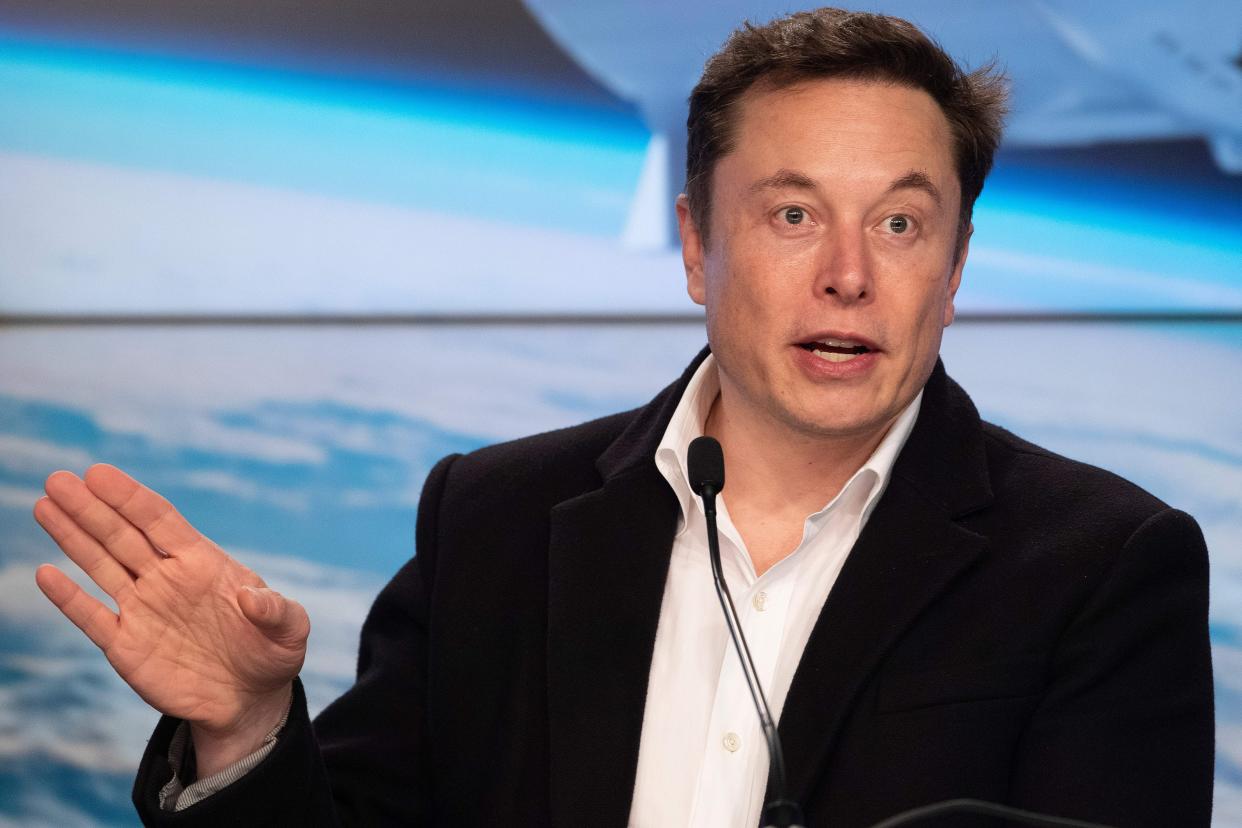SpaceX launches 60 Starlink satellites for new internet service

SpaceX on Thursday launched the first 60 satellites of its Starlink constellation, the planned low-Earth orbit infrastructure for a high-speed internet service designed to generate key revenue for the company.
The satellites were launched from Cape Canaveral in Florida, using one of the company’s Falcon 9 rockets.
Though the company plans to launch as many as 12,000 satellites, CEO Elon Musk said on Thursday that SpaceX will be able to start its internet service with just 400 satellites, and that the system would be “economically viable” once around 1,000 are launched.
Starlink could have its first customers later this year, Musk said, noting that the service will be an important revenue driver and will help fund other SpaceX initiatives, such as its plans to fly customers to the moon and to colonise the planet Mars.
The company has said that the project could cost as much as $10bn, but noted earlier this month that total annual revenue from internet connectivity across the world was about $1tn. SpaceX believes it could gain as much as 5% of that.
“We think this is a key stepping stone on the way towards establishing a self-sustaining city on Mars and a base on the moon,” Musk said on Thursday.
SpaceX faces competition from OneWeb, which has raised more than $1bn for a similar project and launched six satellites in February.
Both constellations of satellites orbit much closer to the Earth than typical communications satellites, something which reduces signal lag.
SpaceX said it may conduct as many as six more satellite launches this year, depending on how successful Thursday’s launch ends up being.
The company expects to know sometime on Friday whether all 60 satellites are functioning correctly.
The launch had previously been planned for earlier this month, but it was postponed as a result of delay with a separate mission to the International Space Station, and because of strong winds.

 Yahoo Movies
Yahoo Movies 

